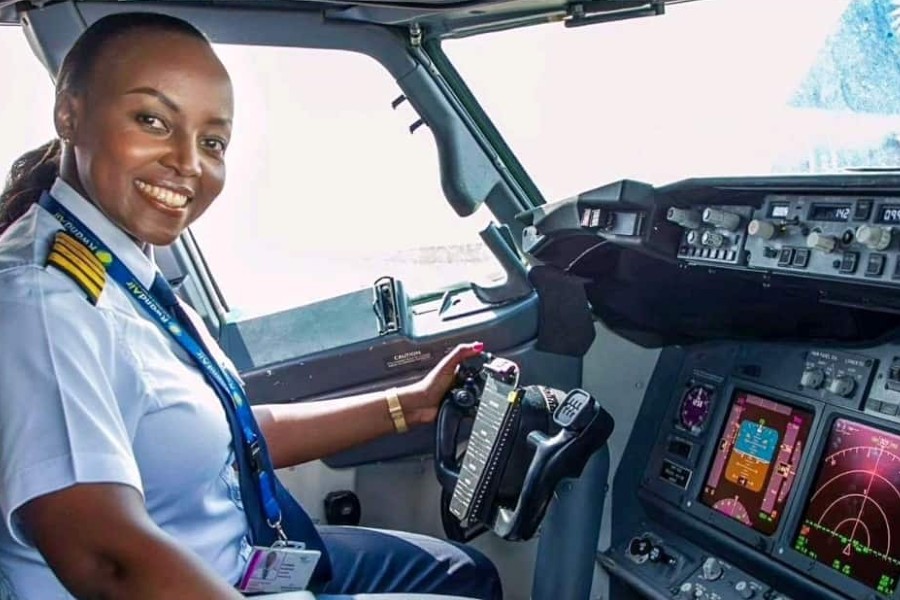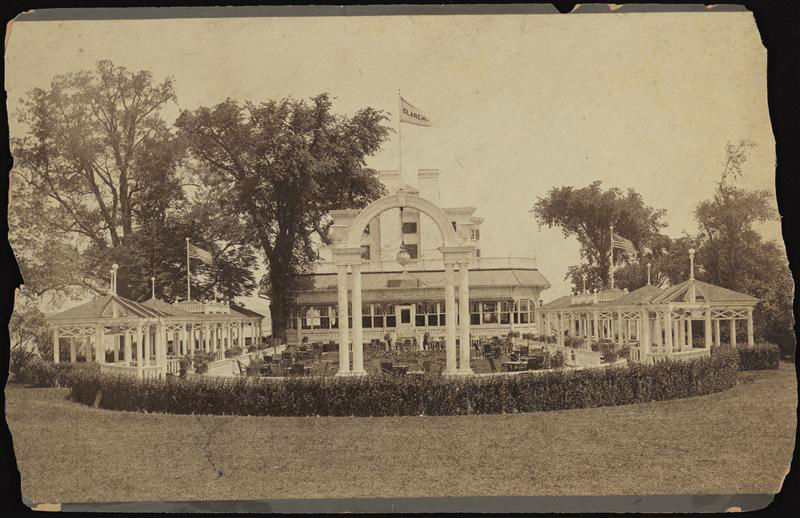
Starting a pilot career is exciting and rewarding. Becoming a pilot is a fantastic journey. Becoming a pilot takes more than reading books.
You also need hands-on practice and the right attitude. Meeting all the pilot requirements is key. These ensure that you can handle flying safely and efficiently. This job is about more than flying planes. It also means being responsible, making quick decisions, and keeping everyone safe. Aspiring pilots must undergo rigorous training and adhere to strict regulatory standards. Understanding the necessary qualifications can help you decide if this career path suits you.
Educational Requirements
The first step towards becoming a pilot is obtaining a substantial educational foundation. Most aspiring pilots start with a high school diploma or equivalent. Subjects like mathematics, physics, and geography are particularly beneficial. Many pilots go for a college degree in flying or engineering related to flying. A college degree is only sometimes needed, but it helps a lot. It makes understanding flying easier. It also enables you to get better jobs. Some airlines prefer or require a degree, making it a valuable investment in your future. Additionally, strong communication skills and a good command of the English language are essential, as English is the international language of aviation.
Flight Training and Licenses
After meeting educational requirements, the next crucial step is flight training. Aspiring pilots typically begin with a private pilot license (PPL), which allows them to fly privately but not for compensation. This training involves a combination of ground school and flight hours with a certified instructor. Once you have your PPL, you can work towards obtaining a commercial pilot license (CPL). The CPL is necessary for anyone who wants to get paid to fly. Additional ratings, such as an instrument rating (IR) and multi-engine rating (ME), are often required. These ratings ensure pilots can handle various flying conditions and aircraft types, increasing their versatility and employability.
Medical and Physical Fitness
Physical and medical fitness is another critical aspect of becoming a pilot. Pilots must pass a medical examination conducted by an aviation medical examiner. This exam assesses your overall health, vision, hearing, and cardiovascular condition. There are different classes of medical certificates, with Class 1 being the most stringent, required for airline transport pilots. Maintaining good health and physical fitness is essential throughout your career to meet these medical standards. Regular medical check-ups are mandatory, and any significant health issues can affect your ability to fly. Therefore, a healthy lifestyle and proactive management of medical conditions are crucial for aspiring pilots.
Personal Attributes and Skills
Beyond educational and physical requirements, personal attributes and skills play a significant role in a pilot’s career. Pilots must have excellent problem-solving abilities and stay calm under pressure. Strong hand-eye coordination and spatial awareness are vital for controlling the aircraft and navigating through complex airspace. Good decision-making skills are essential, as pilots must make quick and accurate decisions, especially in emergencies. Effective communication and teamwork are also crucial since pilots work closely with co-pilots, air traffic controllers, and ground crew. Developing these skills and attributes can significantly enhance your performance and safety as a pilot.
Gaining Experience and Building Hours
Experience is a key factor in a pilot’s career progression. Building flight hours is necessary for advancing from a private pilot to a commercial or airline transport pilot. Many pilots start by teaching others to fly; some work flying charters, while others land entry-level flying gigs. This experience helps build the necessary flight hours and enhances your skills and confidence. Networking and industry connections can also play a significant role in your career development. Joining aviation organizations and attending industry events can provide valuable opportunities for learning and career advancement. Consistent practice and dedication are vital for gaining the experience needed to achieve higher-level pilot certifications and opportunities.
Starting a career as a pilot involves meeting a range of qualifications, from educational achievements to flight training and medical fitness. Becoming a pilot takes a lot of hard work and time. Flying can be challenging, but it pays off. It poses a challenge. It brings great rewards. You need to solve problems, make choices, and talk well. Flying lets you make a difference in aviation. It’s about lending a hand and creating an impact. Making things better is possible when you fly. Each step on this path adds something special to your life. If you stick with it and work hard, you can have an exciting career flying planes.
Become a Harlem Insider!
By submitting this form, you are consenting to receive marketing emails from: . You can revoke your consent to receive emails at any time by using the SafeUnsubscribe® link, found at the bottom of every email. Emails are serviced by Constant Contact










